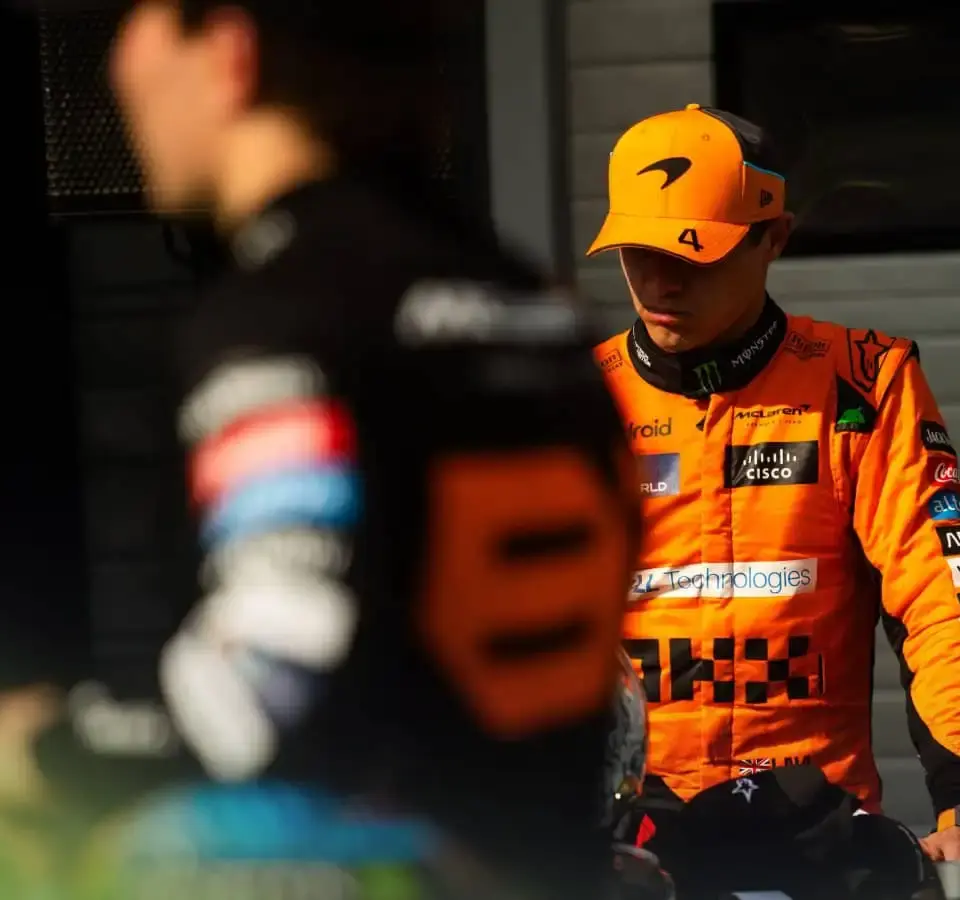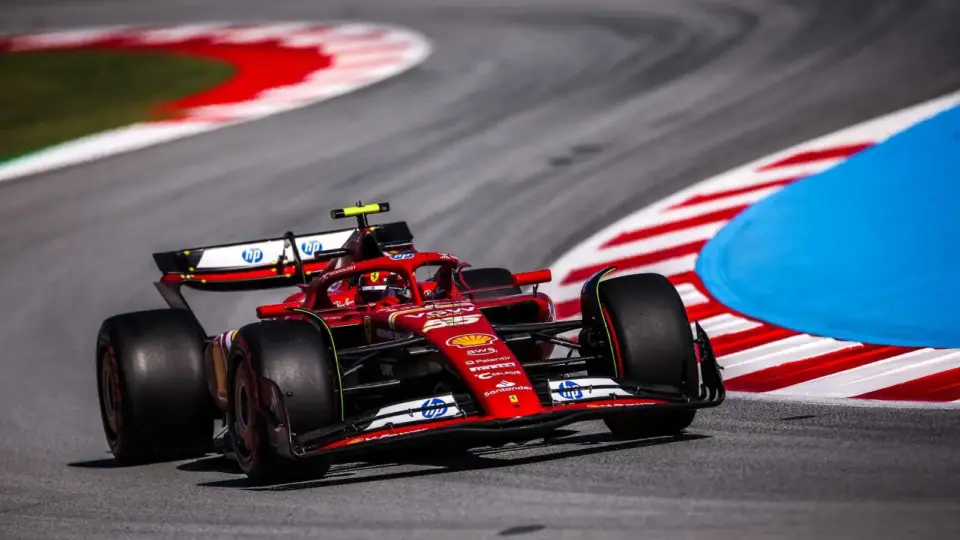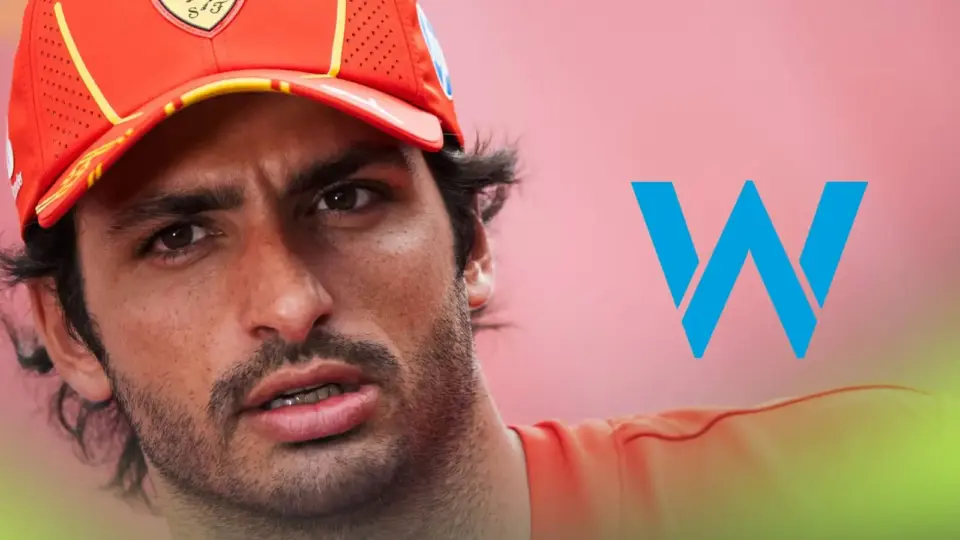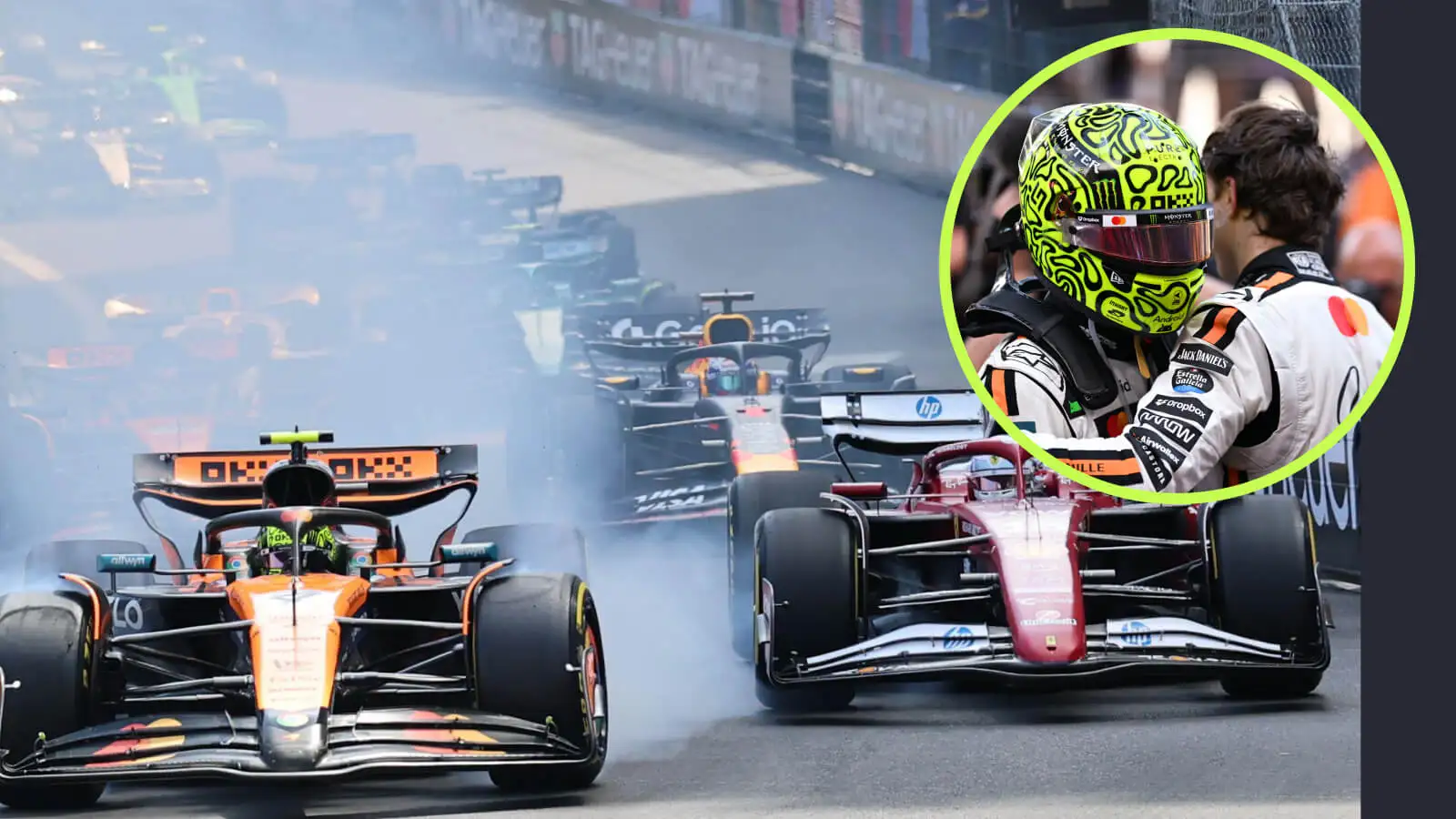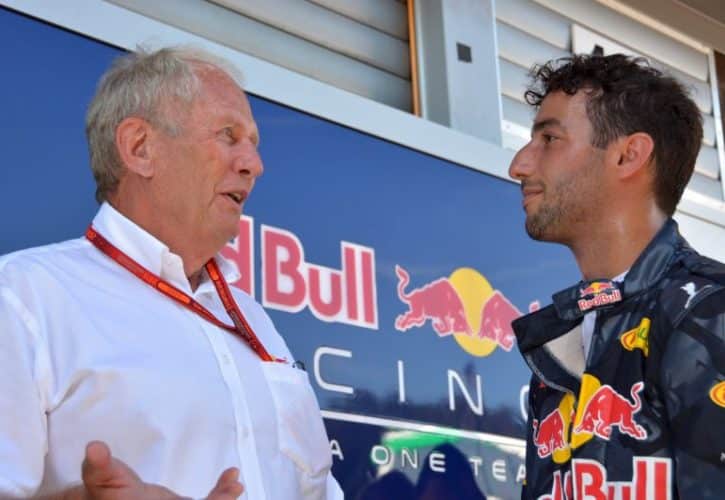Lando Norris shares his experience of the McLaren team orders at the Hungarian Grand Prix, which shook the race’s dynamics.
- Norris and Oscar Piastri found themselves in a strategic tangle during the race in Hungary.
- McLaren’s decision to pit Norris first led to him overtaking teammate Piastri, sparking a radio debate.
- Norris admits he initially resisted switching positions, leading to a dramatic series of laps.
- Ultimately, Norris let Piastri overtake, reflecting on the incident as a learning point.
Lando Norris and Oscar Piastri have often found themselves closely matched on the track this season, but the Hungarian Grand Prix introduced a fascinating twist. During a race packed with strategic gambits, McLaren orchestrated a move that saw Norris, who was in second place, pitted first, defying the routine protocol. This maneuver was to guard against the threat from Lewis Hamilton, who was closing in quickly from third.
Norris’s pit stop proved advantageous, allowing him to leapfrog Piastri and claim the lead. However, this wasn’t without controversy. Over the team radio, Norris indicated reluctance to follow orders to relinquish his position back to Piastri. It was an intense and gripping sequence, as Norris wrestled with the decision on track before finally conceding towards the race’s conclusion.
Post-race, Norris explained he had planned to return the lead to Piastri but expressed regret over the timing. Had he acted sooner, he felt he might have had a fair shot at challenging Piastri for victory, by competing head-to-head rather than through team orders.
The situation was swiftly addressed, as Norris detailed on the Sky F1 podcast. He dismissed the notion of a prolonged debriefing, clarifying that discussions with McLaren CEO Zak Brown, team principal Andrea Stella, and his management were straightforward and brief. According to Norris, “People made it into a much bigger thing, but it was a much quicker conversation.” This approach helped clear the air and emphasized learning from the experience to move forward.
Zak Brown provided insight into the teamwork dynamics, highlighting collaborative efforts with Stella in making such decisions. Brown remarked that his role often involved supporting Stella and ensuring productive discussions with the drivers. He emphasized the team’s collective philosophy, stating, “We make mistakes together, we have success together, we learn together.” The outcome in Hungary, he opined, added a touch of drama but ultimately saw McLaren achieve a one-two finish, deservedly so.
The Hungarian Grand Prix proved to be a lesson in strategy and communication for McLaren, ultimately strengthening the team’s unity and resolve.
